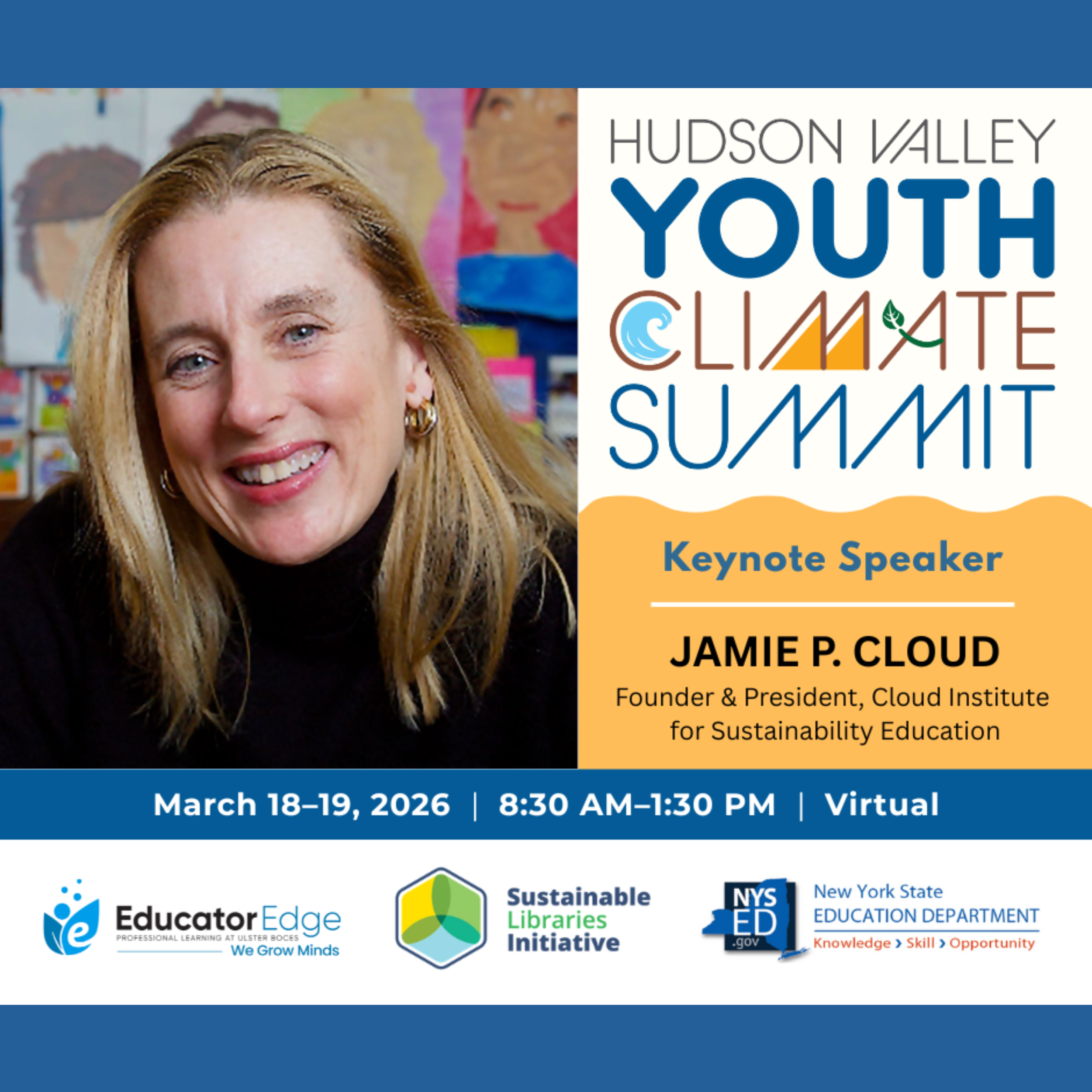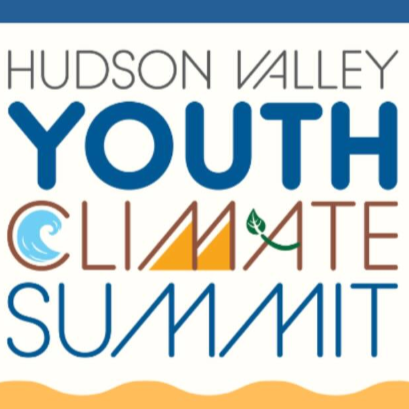Join us for a dynamic virtual event dedicated to sustainability, innovation, and empowering the next generation of leaders to tackle real-world environmental challenges.
The Hudson Valley Youth Climate Summit brings together students, educators, community agencies, and sustainability-focused vendors to showcase impactful work, share innovative solutions, and collaborate toward a more sustainable future.
Join us at the Hudson Valley Youth Climate Summit! They are still accepting proposals! This virtual, two-day event will take place on March 18–19, 2026, bringing together students, educators, community organizations, and sustainability-focused vendors to explore ideas, innovations, and actions that support a more sustainable future.
Proposals are welcome from:
Students (Grades 4–12), including Career & Technical Education (CTE) students
Educators sharing instructional practices, research, or classroom projects
Community organizations & local agencies focused on sustainability or climate action
Sustainability-focused vendors offering tools, services, or solutions for greener communities
The Green Schools Conference (GSC) returns for its 16th year and registrations are now open!
Bringing together educators, school leaders, advocates, and changemakers who drive whole-school and district sustainability, this energizing two-day event explores bold, practical solutions to advance green schools, focusing on environmental impact, health and well-being, sustainability literacy, and systemic change at every level of education.
Read MoreLast week, we gathered with an incredible group of educators, leaders, and changemakers for our annual Curriculum Design Studio. This signature workshop is always a highlight for us at the Cloud Institute, and this year was no exception.
Over the course of the week, participants came together in a hybrid format—both in-person and online—to design, refine, and reimagine curriculum that prepares young people for a sustainable future.
Read MoreIn a recent Q&A with Ten Strands, Jaimie reflects on her transformative journey in sustainability education over the past three decades. She shares how her early experiences in global education shaped her journey, the evolution of Education for Sustainability, and what gives her hope for the next generation.
Read MoreThis 7-week course is designed for (formal and non-formal) educators and program leaders who want to integrate sustainability education and systems thinking into their teaching practice. It would also be of value to curriculum leaders and principals interested in understanding what the practical application of sustainability education looks like.
Read More





